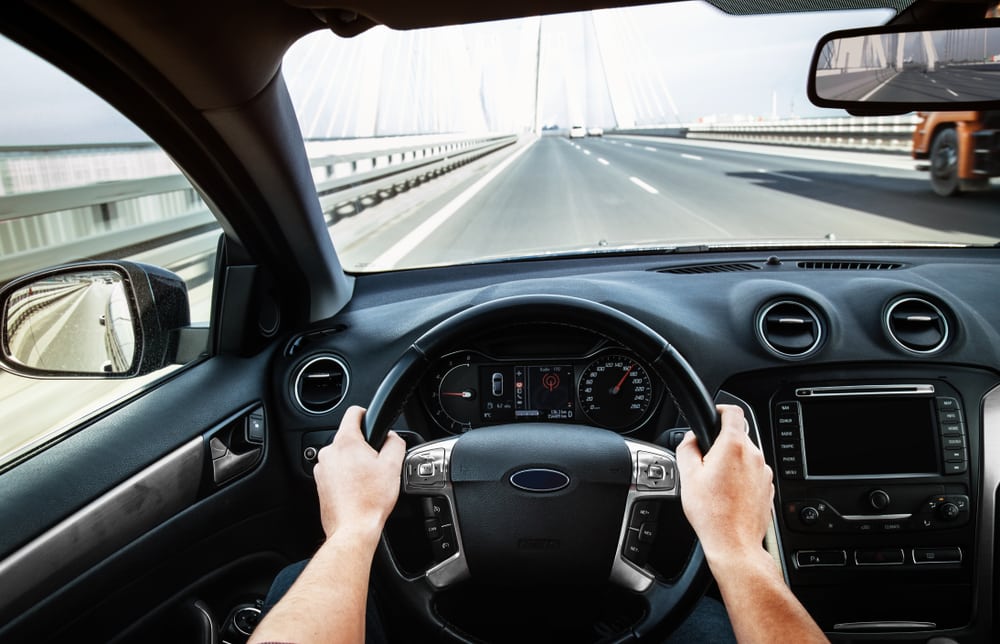
Anything can happen on the road, and it is always best to have a plan. There are several documents you should always keep in your vehicle to stay prepared in an accident or emergency. It is also wise to keep copies of some critical household documents in your car in case of an emergency at home. In the event of a fire, break-in, or other incidents, you can rest assured knowing your important papers are safe.
Keep reading to learn the five documents to keep in your vehicle and additional convenient items to store in your glove box.
Proof of Insurance
Many insurance companies offer digital versions of an insurance card, but it is still wise to have a printed copy in your car. It is often easier to hand over a hard copy of your vehicle insurance than to hand over a smartphone. In an accident, the officer or other driver can quickly review your insurance information or take a picture for their records.
It is also essential to have a copy of your proof of auto insurance if your phone dies or you cannot get a good cell phone connection. Instead of having to scramble for your proof of insurance, you know exactly where it is in your car. Consider keeping your proof of auto insurance in a labeled envelope inside your glove box.
Vehicle Registration
Police officers do not always ask for your vehicle registration if you are pulled over or involved in an accident, but it is still an important document to keep on hand. Your vehicle registration proves that you are legally allowed to drive your vehicle and who the owner is.
In some states, regular vehicle registration renewal is a requirement. You should always have a copy of your latest vehicle registration in your car. You can purchase a small file folder to store in your glove box or use a labeled envelope to identify your registration documents quickly.
Personal Identification
Everyone should already know this, but you should have your driver’s license with you when you’re in your car. While you should not store your driver’s license in your vehicle, you should always have it when you drive. Driving without a license can carry heavy penalties.
Medical Information
It is wise to keep a document noting any medical conditions or medications for you and your family members in your car. This information can be helpful to medical personnel in the event of an accident, especially if you are injured or unable to communicate. You should also keep a list of emergency contacts with your medical documentation. Place both documents in a labeled envelope, so emergency responders can quickly identify them.
Documents for Safe Keeping
While you should keep copies of your important documents at home, keeping some documents in your car is also wise. You will want access to these documents in the event of an emergency at home or if you are away from home when an emergency occurs. Consider keeping documentation on the following household items in your vehicle.
- Security Systems
- New Roofs
- Smart Home Devices
- Drainage or Sump Pump Systems
It is important to note that you should have a copy of your vehicle’s title at home. Your car title is proof of ownership for your car, so you should not necessarily store it in the car.
Additional Items to Keep in Your Glove Box
Outside of the five documents listed above, some handy items should always be in your car. Consider storing these items in your glove box or purchasing a plastic bin to keep under your seat or in your car’s trunk.
- Pen and paper
- Flashlight
- Owner’s manual
- Grocery bags